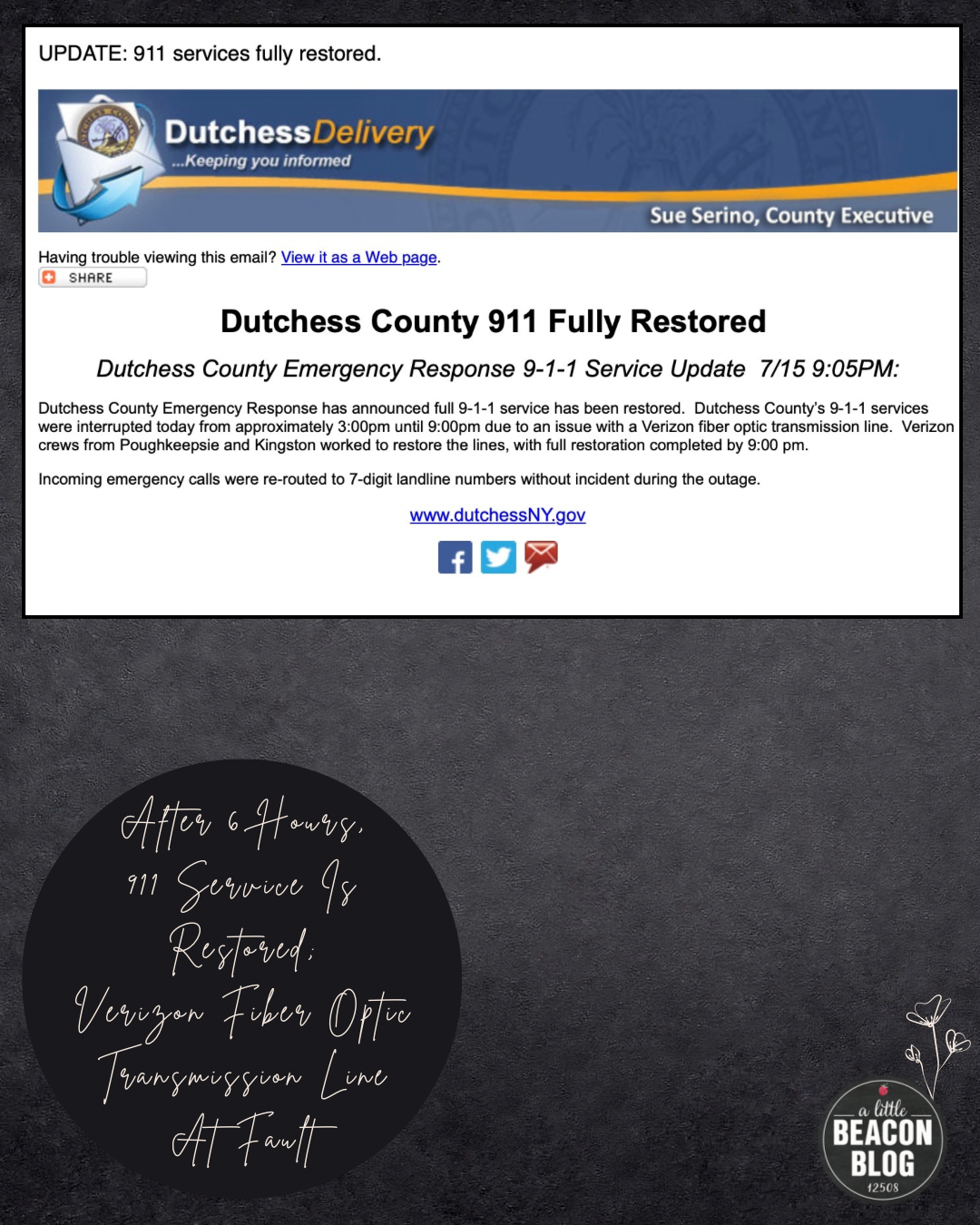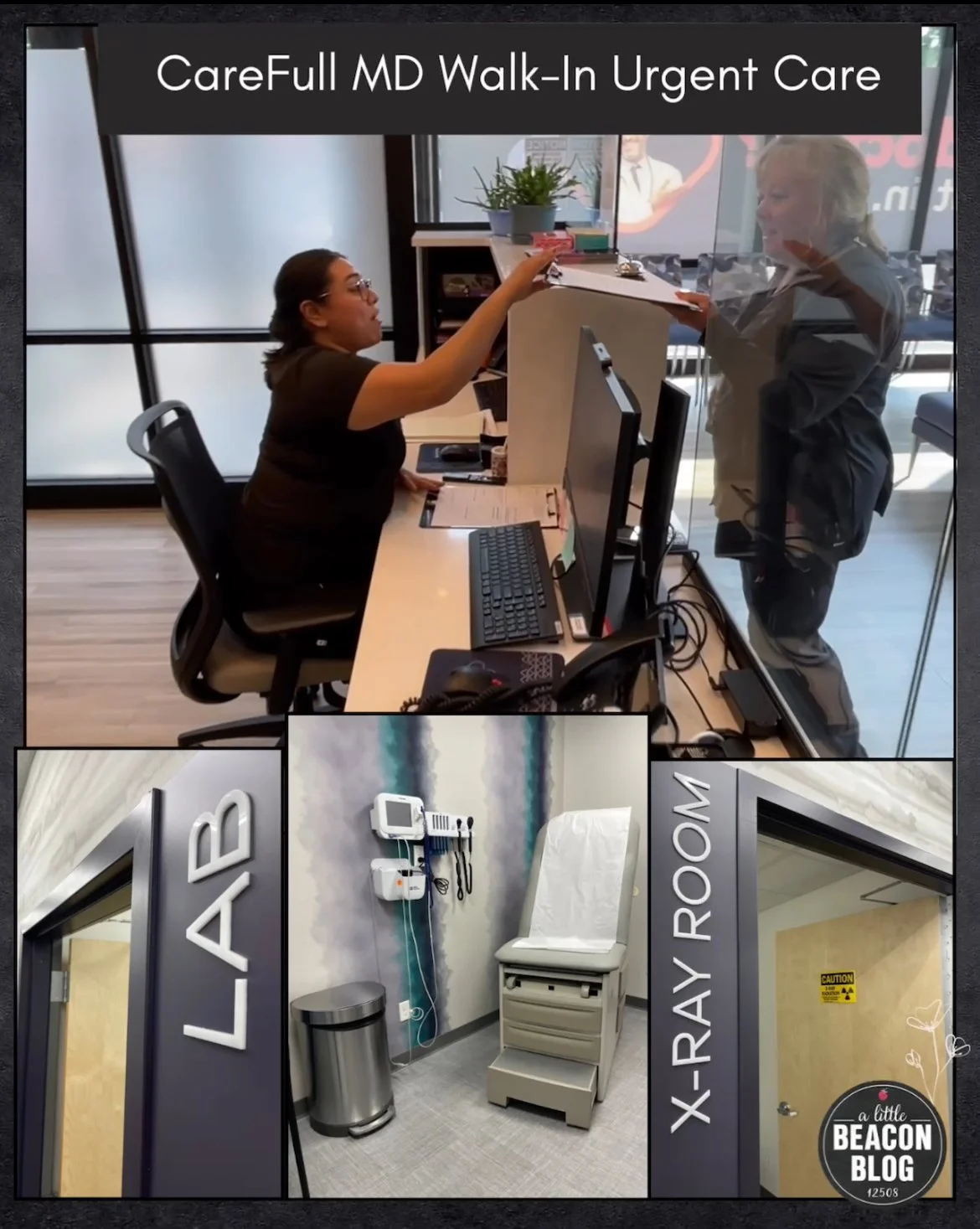Normally, according to Royal Carting's General Counsel Jim Constantino (who delivered the presentation of the proposal for weekly recycling pickup), participation in recycling in Beacon, as well as in the villages of Fishkill and Wappingers Falls, is 90%, versus the 62% that came in during the pilot program. While this initial figure from the pilot program is lower, Mr. Constanino suggested the reason for the lower percentage is related to the types of residential units selected for the pilot program.
"One important point was that the neighborhoods we selected were basically single-family, maybe two-family homes," said Mr. Constantino during the City Council's Workshop Meeting. "Where we think there would be a significant increase in recycling are the multifamily apartment-like structures in some of the commercial areas that you have throughout the city. Those neighborhoods were not in the pilot program. But we know that multifamily apartment units are looking for more recycling services. We think that they would generate a disproportionately greater amount of recycling." In a City Council meeting dated July 5, 2016, Mayor Casale echoed that sentiment, basing his opinion on feedback he had heard from local trash expert and educator, Sarah Womer, founder of Zero to Go, an education-based waste management company focused on composting and recycling.
When asked by A Little Beacon Blog to clarify why the apartments would generate more recycling, Mr. Constantino replied: "The apartment complexes have more residents per tax parcel, so we fully anticipate that the collection tonnage will be higher. We specifically excluded apartment complexes from the pilot because we were concerned that would have distorted recycling tonnage. We sought to design the pilot to generate an accurate — if not conservative — estimate of anticipated increased recycling tonnage."
Getting the word out about weekly recycling would also be important, and would hopefully catch on quickly. As it is now, neighbors often rely on each other, scoping out who has an orange-topped can on the curb to figure out if it's the week of recycling pickup. During the Workshop Meeting, Mr. Constantino agreed with Council Member Omar Harper (Ward Two), that education is important. Recycling cans with picture-based instructions laminated to the top of them were put out a year or two ago, according to Mr. Constantino, despite separation laws going into effect years before that. "When they passed the Sort Separation Law in Dutchess County in 1991, [it caused the] system [to] change dramatically. Now it's so simple. Just put everything in the one can and you’re done — no separation." Mr. Constantino said Royal Carting would be "happy" to participate in flyers and forums about what is recyclable, when asked by Council Member Ali T. Muhammad (Ward Four) about their involvement in educational outreach.
So what about the five-day a week pickup of the metal circular cans on Main Street, which is an increase from a three-day pickup? Council Member Peggy Ross (Ward One), observed: "I was pretty surprised to read that you would be able to add two pickups a week. How is that affordable? That’s a gift." According to Mr. Constantino during the Workshop Meeting, overflowing cans have been a "big issue for the City Manager, for the Mayor, and the Highway Department." He stated that more frequent pickup would help solve that issue. Mayor Casale had this to say when emailed for a comment about that issue for this article: "I believe this will help keep Main Street clean and attractive."
With more of the public being educated about the economics and commodities of garbage, the fact that Beacon is paid $15 per ton for recycling comes as a surprise to many, and a hopeful income-based side-note to the weekly pickup. Mr. Constantino reflected during the Workshop that years ago, recycling used to pay $60 per ton. During the July 5, 2016 City Council Meeting, Mayor Casale recalled when the City actually paid a fee to have their recycling disposed of. So things are always changing in this trash world.
Does Mayor Casale think this price increase for service will be offset by money taken in by the City by an increase in payments for recycling tonnage, thereby not leading to an increase in taxes? We asked him via email. "No, I do not believe that the price increase in service will be fully offset by recycling," he replied. "But if it does show increase in recycling and reduction in garbage even though it might cost more, it will be the right thing to do." Mayor Casale elaborated more during the July 5 City Council Meeting: "If we get the savings, it’s a plus. I learned a long time ago that garbage is an ever changing thing. A couple of years ago, we were getting $30 or $40 per ton for recyclables. And now we are getting $15 per ton. And I’m sure some day, we might get nothing. I remember years ago, we were paying $30 per ton to get rid of recyclables. So it’s always ever changing. When we talk about the cost, anything we save is a plus."
So guess what? No more asking your neighbors if it's recycling pickup this week, and you're less likely to put it out on the wrong week. And hopefully, we'll have fewer overflowing cans and blowing trash when the cans do overflow.
PS: If you look real close at the picture illustrating this article, you'll see plastic bags from the grocery store containing some of the recycling in this can. That is to prevent the recycling from falling out of the can that overflows each week. Trash enthusiasts know that plastic bags have no value, and generally cannot be recycled with curbside pickup. (Don't forget, you can always take bags to Key Food, where there's a bin near the front dedicated just to them! Other stores like Target have similar plastic bag collection bins.) A recent article published by the Poughkeepsie Journal based on a field trip to ReCommunity Beacon outlines how plastic bags really mess up the system when a bag gets into the cogs and sprockets. Now with weekly recycling, the use of plastic bags to contain loose recyclables may decrease.














































































